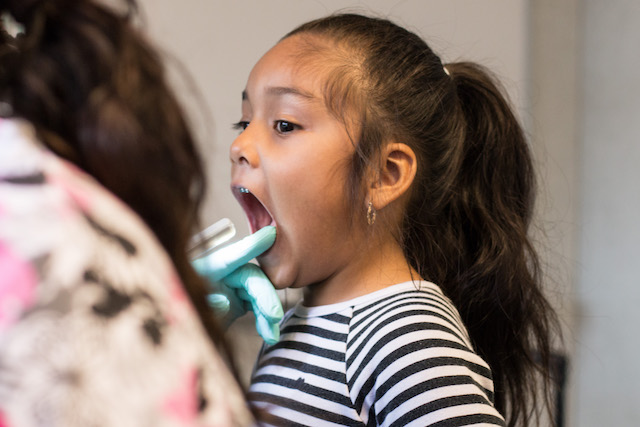It’s not just students that are trekking off to school for another year of learning. Many parents will be headed to class as well, as schools are ramping up their efforts to make sure they see parents more often than at the beginning of the year or back to school night.
Imagine you’re swimming in a muddy river, trying desperately to peer through the muck. You face a swirl of confusing obstacles. They have names like Twitter, Facebook, Instagram, children, job, vacations, texting and a thousand other distractions. The muck is modern life.
California foster children are frequently prescribed psychotropic medications, but oftentimes dosages exceed state guidelines and the children don’t receive follow-up services. And, too often, no one notices.
A child’s health and chance to survive a serious medical condition should not be dependent on their family’s income. All children deserve access to high-quality health care services – particularly children who are medically fragile or have serious diseases.
Five years ago, when Lisa Conn became a mental health provider for juvenile justice in Santa Barbara County, she noticed a disturbing trend: A large number of the incarcerated girls were displaying symptoms of complex trauma and, in particular, sex trauma.
Aswad Thomas made a quick stop at a convenience store to buy a bottle of pink lemonade on a hot summer night in 2009. He had recently graduated from college—the first in his family to attend a university—and he’d been recruited to play professional basketball overseas. He was leaving the market when two men approached him in the parking lot. One pointed a gun at Thomas; the other pointed two at him. They shot him twice in the back.
California advocates and legislators are now fighting to make sure that 30,000 medically fragile children can keep the health services that have, in many cases, helped them survive.
Three-quarters of people with mental illnesses like major depression, anxiety or psychotic disorders experience their first symptoms before age 24. Half of them become mentally ill by age 14. But these diseases often go undiagnosed and untreated until later in life, sometimes after they have wreaked havoc on school, work or relationships. Noting these grim statistics, two years ago the Obama administration called on schools across the country to heighten their awareness of children’s mental health issues.
Health reform has greatly expanded the number of Californians with insurance, but slightly more than 3 million residents will remain uninsured in 2017, according to a new report.
Tamara McKinnon knows that visiting a doctor’s office is a poor facsimile of real life. McKinnon is part of a unique San Jose State University program that injects student nurses into largely low-income areas to provide healthcare advocacy for patients on the fringe of the healthcare system.










